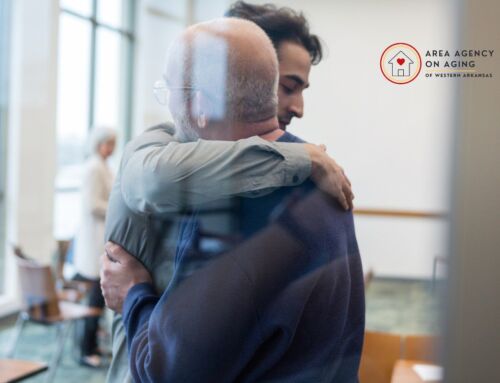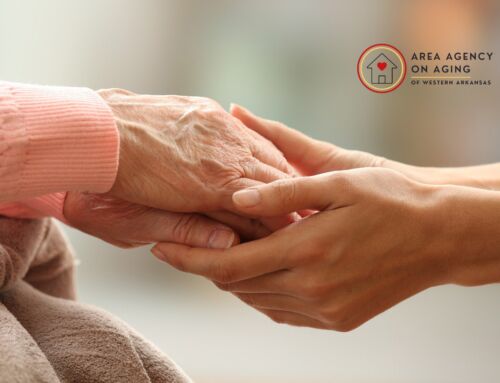Whether this has been a long-awaited decision or one you didn’t see coming, becoming a caregiver can be overwhelming at the start. A lot of knowledge comes with time, which can be stressful at the beginning. To help you on your caregiving journey, we’ve outlined the most important steps for first-time caregivers. Keep reading to learn more!
Start with a diagnosis
If you haven’t done so already, get an official diagnosis from your loved one’s primary care physician (PCP). A diagnosis is just the beginning of the caregiving journey. It will help you and your loved one decide what care they need and likely what they will need in the future. The more information you know about their health, the better care you can give.
Research, research, research
After receiving a diagnosis, researching the best care for your loved one is key. The more information you know, the better. Consider how the diagnosis will change over time, how it affects their activities of daily life (ADLs), and what care they need depending on their diagnosis, among other things. However, researching can be overwhelming, so make sure you take your time.
You may also want to consider caregiver training. This will teach you the best caregiving practices your loved one needs. At AAAWA, we provide caregiver training and support to those in need.
Talk it out
Talk about everything with your loved one from the start. What are their health care wishes? Who should have power of attorney (POA) over healthcare? What about finances? You can learn more about POAs here. These are all questions you and your loved one should go over at the beginning of your caregiving journey. Having these conversations now, though they may be uncomfortable, will make decision-making easier long term.
Decide on a plan
Now that your loved one has gotten a diagnosis and you’ve researched and had conservations with them, it’s time to plan. If they are able, include them in the decision-making. Maybe they are hesitant to accept the help they need. You could try starting slow and only visit a couple of days a week to ease your way into a routine, rather than starting full time. Do you have a team of family members, or are you going to be the primary caregiver? What days and times will you be there? Will your loved one move in with you? You may also want to consider future scenarios based on their diagnosis or age.
This is also a good time to consider community resources. For example, our local senior activity centers provide socialization and nutritious meals. We also provide home health and caregiver respite programs to assist you and your loved one.
Take care of yourself
Caregivers need support, too. Caregiving can be overwhelming, especially if you’re new to it. Make sure to take time for yourself to relax and reset. You can’t take care of someone else if you don’t take care of yourself. We offer caregiver support, including respite, to make the job a little easier.
Just know you are not alone! Talking about your experiences may also be helpful. You can hear from other caregivers in similar situations as yours. We can connect you with local organizations that hold caregiver support groups. Call us today at (479)-783-4500 to learn more!


